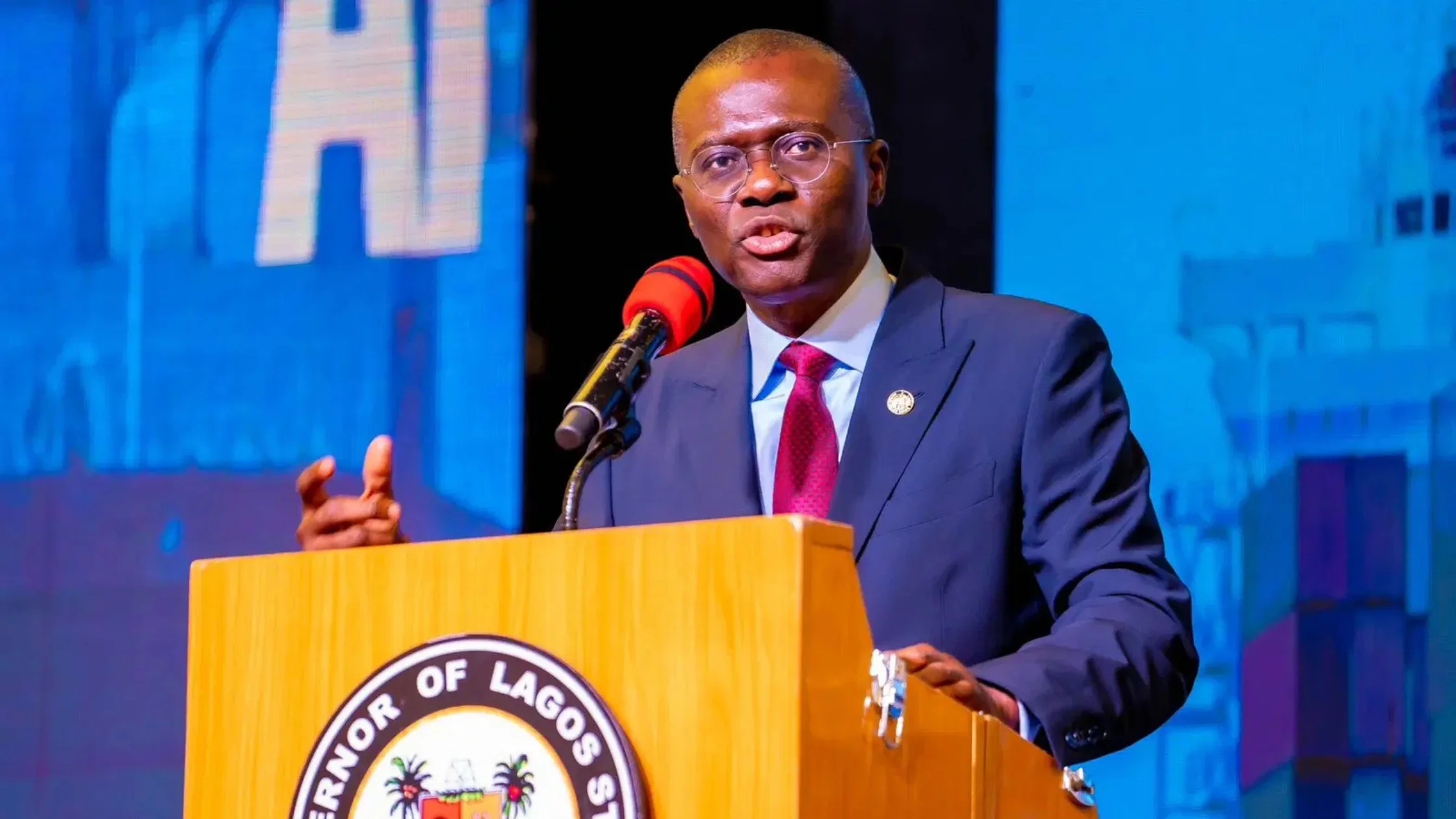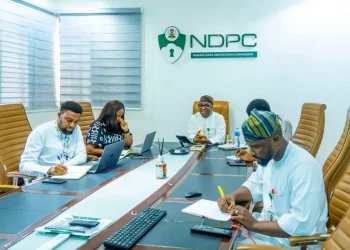In a city of 20 million people, a broken address system is more than a nuisance, it’s a risk to life, trust, and city planning. Lagos is rewriting that narrative.
On Tuesday, the Lagos State Government officially unveiled the Lagos Identity Project, a digital house numbering initiative that embeds QR-coded address plates across the city’s buildings. The project aims to enhance property identification, cut down rental fraud, enable faster emergency response, and elevate urban governance to global standards.
What Is the Lagos Identity Project?
The Lagos Identity Project is a smart civic addressing system powered by geospatial technology. Each building in Lagos will receive a digitally printed plate carrying a QR code, alongside colour codes representing its local government area.
According to Dr Olajide Babajide, Special Adviser to Governor Babajide Sanwo-Olu on Enterprise Geographic Information Systems (e-GIS), this initiative marks a pivotal shift in how the government and citizens interact.
We’ve had issues ranging from tax evasion to untraceable addresses. This new digital system is the solution, Babajide said during the unveiling in Alausa.
By scanning the QR code on any tagged building, government agencies, emergency responders, and authorised parties can access verified property information offering a new layer of transparency, traceability, and trust.
How QR Code Addressing Improves Governance
This digital house numbering system is not just an aesthetic update, it is a strategic investment in urban intelligence.
Key benefits include:
- Improved emergency response times through precise geolocation
- Reduced address-related fraud in the rental and utility sectors
- Accurate taxation and revenue tracking for the state
- Enhanced infrastructure and planning data for urban growth
This project goes beyond house numbers. It makes Lagos safer, smarter, and more transparent, said Yinka Adesiyan, technical partner and co-sponsor of the initiative.
He added that the system integrates KYC (Know Your Customer) protocols, meaning buildings and addresses can be linked to verified ownership records, helping combat corruption and property disputes.
From Aerial Mapping to Implementation
The Lagos Identity Project was developed in partnership with Interspatial, a geo-data solutions firm that conducted two years of aerial mapping across the city.
Importantly, the rollout is being led by trained Ibile youth, combining data accuracy with local engagement and job creation. The plates are being piloted in Eti-Osa Local Government Area, with a full-scale deployment planned for all 57 Local Government and Local Council Development Areas in Lagos.
Babajide praised the financial commitment of the Lagos State Government, noting that technology like this requires serious investment:
Technology costs money, and this investment shows the government’s will to improve planning and services.
Why This Matters for African Cities
While digital address systems are common in cities like Dubai, London, or Singapore, Lagos is one of the few African cities to implement such a system at scale. It places the city on a shortlist of African metropolises actively building digital public infrastructure in alignment with international civic standards.
The project also ties into Lagos’ broader smart city vision, which includes data centres, e-governance platforms, and mobility tracking systems—initiatives that began under the governorship of President Bola Ahmed Tinubu and continue to evolve under Sanwo-Olu’s administration.
For cities across Africa battling with urban sprawl, informal housing, and inefficient service delivery, this move by Lagos offers a replicable blueprint.
A New Address for a New Lagos
With QR-coded plates already rolling out in Eti-Osa, Lagos is boldly reimagining the future of addressability where trust, data, and service meet on every doorstep.
This isn’t just a tech upgrade; it’s a foundation for safer cities, smarter governance, and empowered citizens.
This article was rewritten with the aid of AI
At Techsoma, we embrace AI and understand our role in providing context, driving narrative and changing culture.














